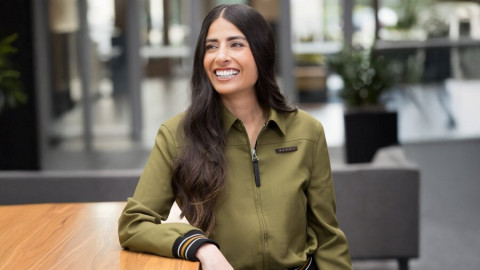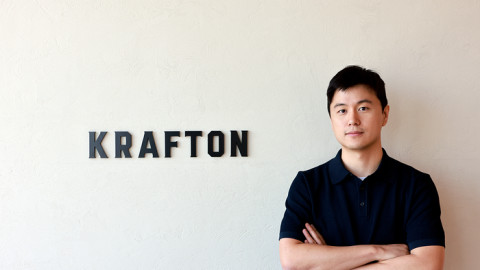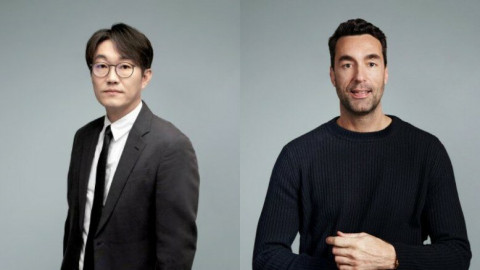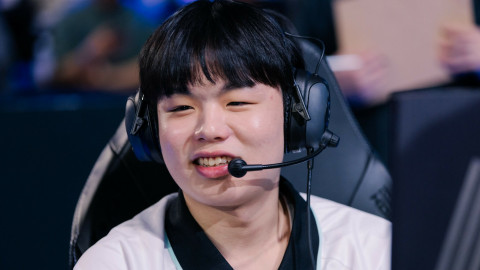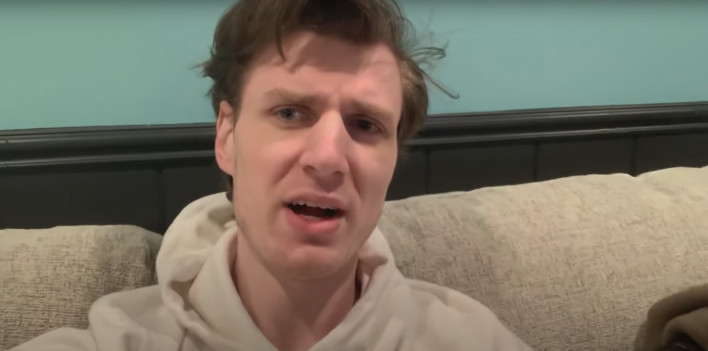
League of Legends personality and former streamer Robert "Hashinshin" Brotz has once again come under fire after allegations of predatory behavior re-emerged against him. The story re-gained traction after a new video from Joedat “Voyboy” Esfahani was released on July 11, detailing the previous accusations and demonstrating both the weight of evidence, and attempts by Hashinshin and his fanbase to bury content on the allegations.
The video was made in response to what looks like a campaign by Hashinshin aimed at getting him unbanned on Twitch, presumably with a view to restarting his streaming career on that platform. Voyboy and Hashinshin have traded videos in recent days, with the former attempting to support the victims in this case and the latter alleging that he is a victim of a smear campaign himself, accusing Voyboy and others of misrepresenting information to paint Hashinshin in a worse light.
The majority of Hashinshin's rebuttal video centered around small inconsistencies or accounts from victims that do little to disprove the allegations made, as well other misleading tactics like choosing to focus on whether victims said to him that they felt traumatized by his actions. Hashinshin remains incapable of providing a true rebuttal to the most serious allegations, namely that he engaged in inappropriate relations with girls that are under the age of consent in the US (18).
READ MORE
LoL streamer Hashinshin banned on Twitch amid allegations of grooming minors
TL;DR: What are the allegations against Hashinshin
Numerous accusations against Hashinshin were made last year, culminating in the termination of his channel by Twitch. The fact Hashinshin apparently used Twitch direct messages (DMs) to communicate with some of his victims combined with his subsequent ban on that platform led many to believe the credibility of those accusations, especially when combined with multiple stories from other victims and his own admission, later withdrawn, that he engaged in, by his own words, "pedo-adjacent behavior".
In short, Hashinshin is accused of using his platform as a personality in the League of Legends community to manipulate a number of young fans — some of who were legally underage in the United States — into sharing explicit images or engaging in sexual conversation. There are no allegations of physical contact, but there are multiple cases where the victim alleges they were coerced into providing explicit photographs or made to feel extremely uncomfortable by the sexual nature of exchanges with Hashinshin, despite him knowing their ages.
For his part, Hashinshin has denied the majority of the allegations, with his defense ranging from a vendetta against him in the community to a carbon monoxide leak in his apartment which may have caused him to act erratically or suffer from memory problems. Hashinshin also claimed that some statements were made "in a state of mania" and that he had been suffering from mental; health problems, specifically bipolar disorder, which does not typically manifest in manic episodes.
There has been no legal action taken against Hashinshin to this point that Inven is aware of, meaning that he is technically innocent in the eyes of the American system at the time of writing. As with many cases that play out in the court of YouTube, there also exists the problems that come with large groups of fans taking sides in serious cases that would be better dealt with in court, but most likely never will be due to time, geography and the incredible complexity of sexual crimes that involve parties from different countries.
Understanding the nature and criminality of grooming
In the United States, where Hashinshin lives, grooming is defined as below, which demonstrates the extent to which American law is out of touch with the avenues predators can utilize online. Many of the conversations between Hashinshin and his alleged victims presumably took place without their families’ knowledge, and in places where it is extremely hard for parents or guardians to know to look without invasive monitoring of their online presence.
Grooming is a method used by offenders that involves building trust with a child and the adults around a child in an effort to gain access to and time alone with her/him. In extreme cases, offenders may use threats and physical force to sexually assault or abuse a child. More common, though, are subtle approaches designed to build relationships with families.
The offender may assume a caring role, befriend the child or even exploit their position of trust and authority to groom the child and/or the child’s family. These individuals intentionally build relationships with the adults around a child or seek out a child who is less supervised by adults in her/his life. This increases the likelihood that the offender’s time with the child is welcomed and encouraged.
By creating a platform and fanbase within a gaming community, potential predators can gain the trust and adulation of many young, impressionable people without ever engaging in risky behaviour from a legal standpoint, which some will seek to pivot into outright abuse if left unchecked. Beyond gaming, other entertainment businesses like music, world, and sport have also had their fair hair of this.
Protecting minors online will continue to be an issue going forward, and simply requiring ID to sign up is far from the easy solution some would suggest. The ease of access and potential anonymity that can make the internet so dangerous also provides a space of free expression and liberation for many oppressed people, both minors and adults, living in places where expressing themselves in real life could lead to censure or worse.
Inven has reached out to YouTube for comment on the case and the platform they provide for the likes of Hashinshin but has received no reply or acknowledgment they are even aware of the situation at this point.
Sort by:
Comments :0


